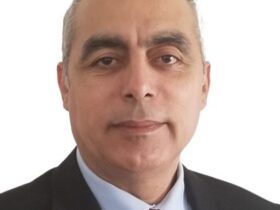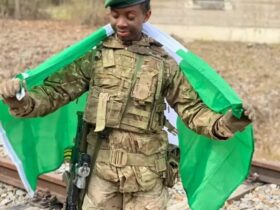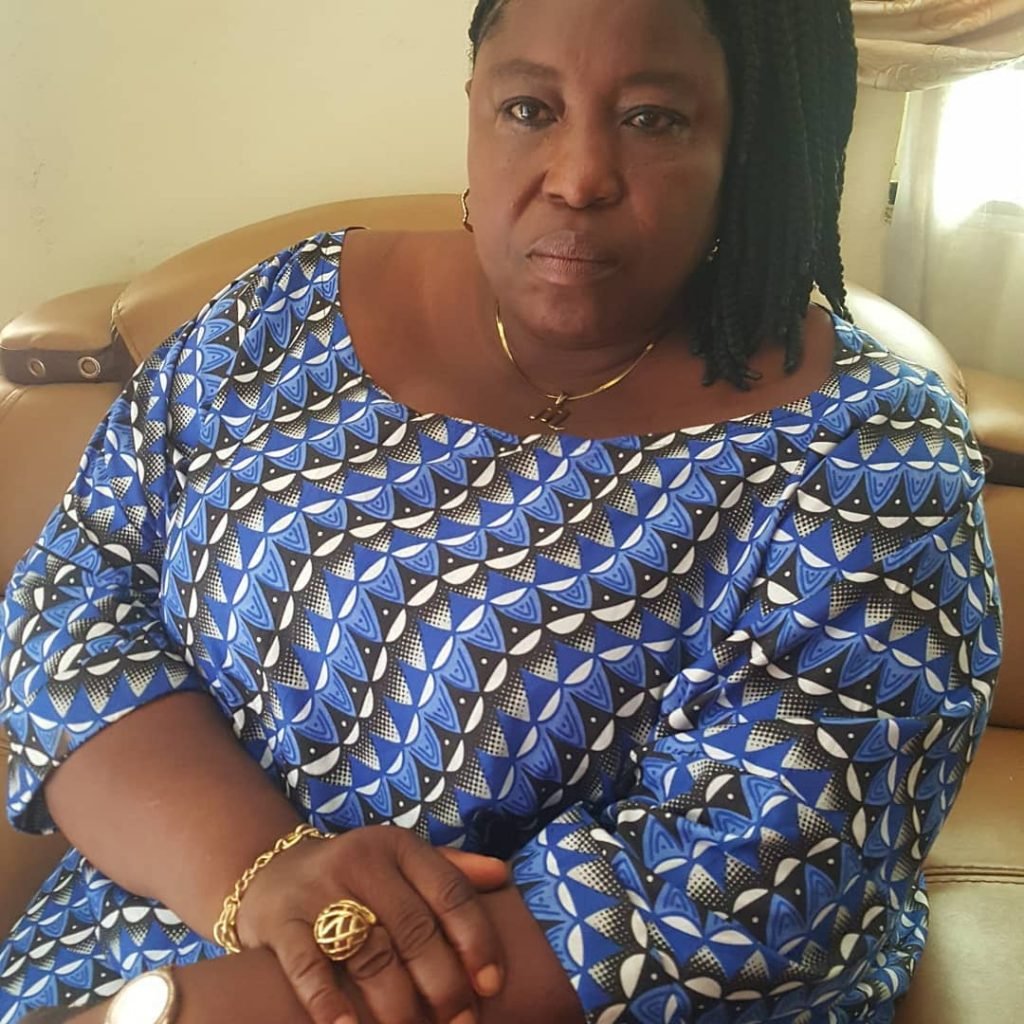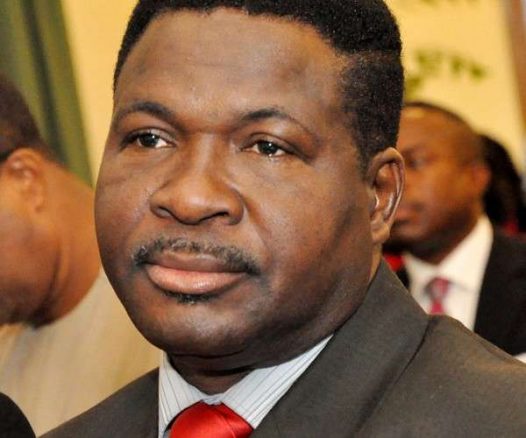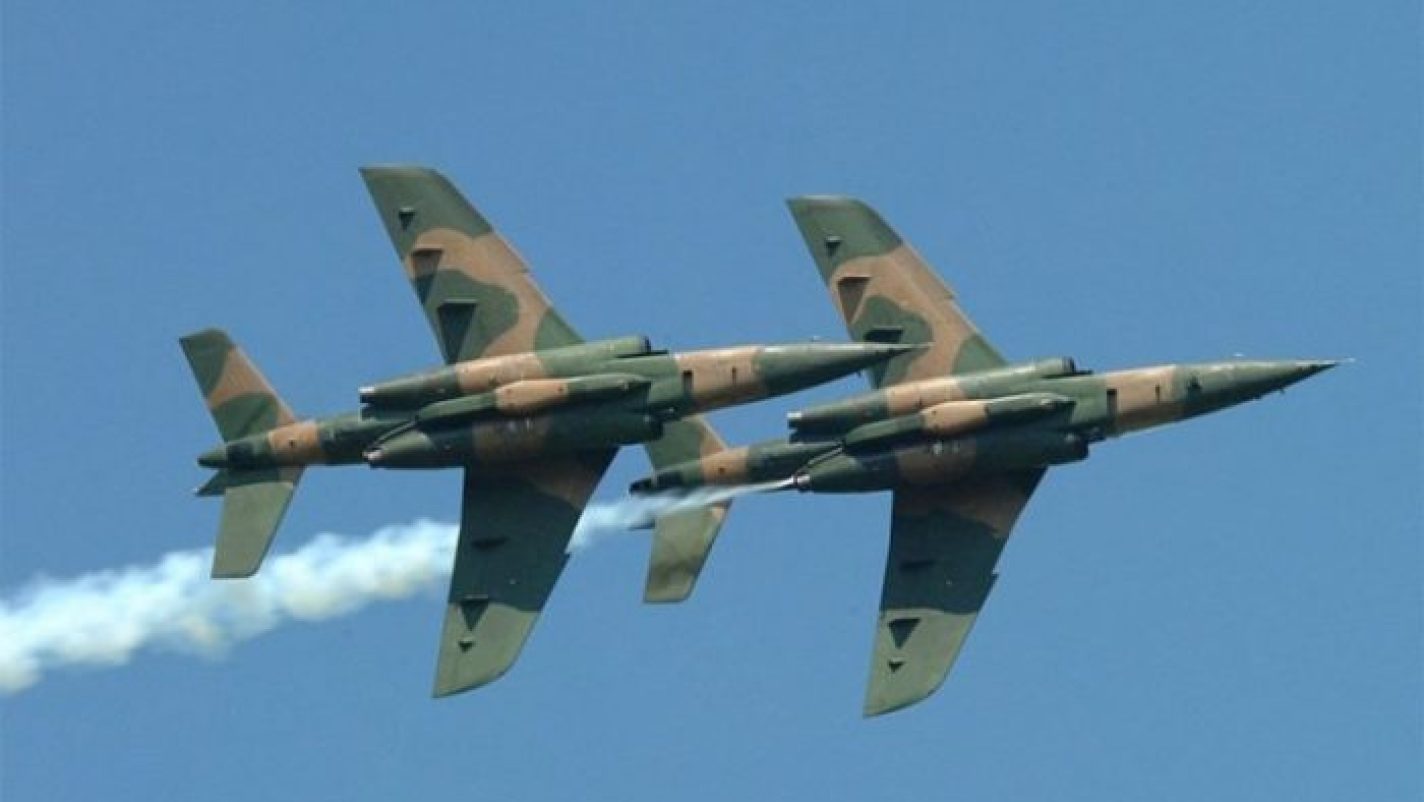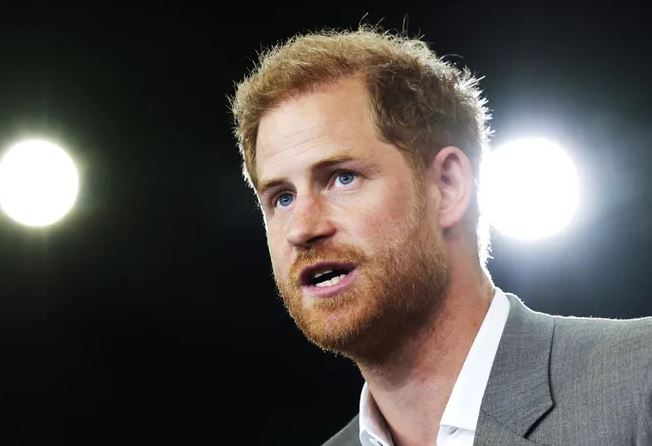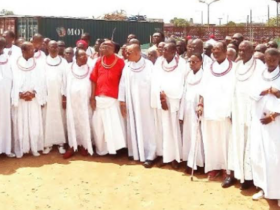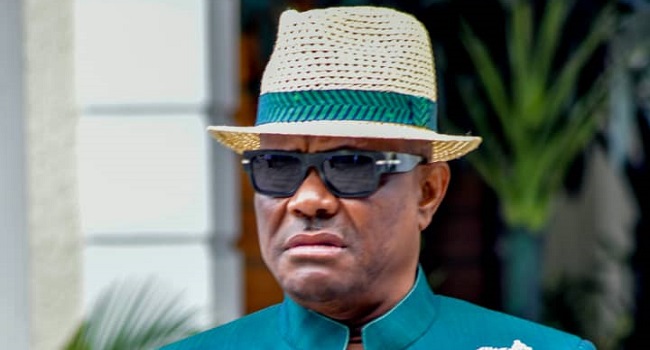By PROF. MIKE OZEKHOME, SAN, CON, OFR, FCIArb, LL.M, Ph.D, LL.D, D.Litt
INTRODUCTION
In part 2 of this seminar dissertation, we dealt with the principle and forms of intervention; and the many reasons why Nigeria should not be in a hurry to lead an unholy war to militarily attack the coup in Niger. In this tranche, we shall highlight more of such reasons, and then take on other critical issues surrounding the Nigerien brouhaha.
MORE REASONS WHY NIGERIA SHOULD NOT LEAD ECOWAS TO ATTACK NIGER REPUBLIC
No Nigerian president can declare a war or deploy the military for an external war without the backing and approval of the Senate. Section 218(1) & (3) of the Constitution of the Federal Republic of Nigeria, 1999 (as amended) provides:
“(1) The powers of the President as the Commander-in-Chief of the Armed Forces of the Federation shall include power to determine the operational use of the armed forces of the Federation”.
(3) The President may, by directions in writing and subject to such conditions as he may think fit, delegate to any member of the armed forces of the Federation his powers relating to the operational use of the armed forces of the Federation”.
In TARABA STATE GOVERNMENT STATE & ANOR. V. SHAKE & ORS (2019) LPELR-48130(CA) (Pp. 101-124 paras. F), the Court of Appeal held thus:
“…The circumstances that may arise which may impel the President of the Federal Republic of Nigeria to “determine the operational use of the Armed Forces of the Federation” under Section 218(1) and (3) of the Constitution of the Federal Republic of Nigeria, 1999 is never closed but is “subject to such conditions” as the President and Commander-in-chief of the Armed Forces “may think fit…” under Section 218(3) of the Constitution. The President is also empowered to delegate such powers under Section 5(1)(a)-(b) and 215(3) of the Constitution.” Per TUR, J.C.A.
However, section 5(4) is emphatic that notwithstanding the foregoing provisions of this section-
“(a) the President shall not declare a state of war between the Federation and another country except with the sanction of a resolution of both Houses of the National Assembly sitting in a joint session; and
(b) except with the prior approval of the Senate, no member of the armed forces of the Federation shall be deployed on combat duty outside Nigeria.”
Section 5 (5) provides that:
“notwithstanding the provisions of subsection (4) of this section, the President, in consultation with the National Defence Council, may deploy members of the armed forces of the Federation on a limited combat duty outside Nigeria if he is satisfied that the national security is under imminent threat or danger:
Provided that the President shall, within seven days of actual combat engagement, seek the consent of the Senate and the Senate shall thereafter give or refuse the said consent within fourteen days”.
In the two instances cited above, the Nigerian Senate on 5th August, 2023, roundly rejected Ahmed Bola Tinubu’s moves to lead an invasion against Niger as ECOWAS Chairman, asking him to critically address the political quagmire in Niger Republic following the sack of the democratically elected Government of Mohamed Bazoum. He was urged to explore diplomatic options and other means; but not military action.
Not only this, ECOWAS countries are divided along their national interests as to whether or not to attack Niger. Majority are against it.
These have put paid to the proposed needless aggression against a sovereign state that has offered no provocation.
There are more compelling reasons why Nigeria should never lead an unholy war against a neighbouring country that has not in any way done anything to provoke her. For example, Mali and Burkina Faso have already deployed warplanes to defend a hapless Niger. More significantly, the adage is true that when a millipede crawls out of its hole, you may never tell if it will return as a millipede or as a snake. What will a war with Niger turn out to be? I do not know. Or, do you?
Russia has been angry and smarting from a nearly 2 years war of attrition with Ukraine where she had initially thought it would simply be a walk over. This has not been the case. To flex muscles and show international relevance, she may descend into the theatre of war, using the Wagner Group. Nigeria had also made the same historical mistake in 1967 when she declared war against Biafra, believing erroneously, that it would simply be a “Police action” from the Nsukka axis. It was later to balloon into a 3-year bloody civil war of attrition in which over 3 million Biafrans were killed in cold blood – a near genocide. The truth is that you can only know when a war starts; but never when and how it will end.
Russia’s Wagner Group officially known as PMC Wagner is Russian state-funded private military controlled by Yevgeny Prigozhin, a former close ally of Vladimir Putin, the Russian President. It was reportedly founded by Dimistry Valeryevich Utkin, a veteran of the First and Second Chechen wars; and it was named after his “Wagner” call sign.
The Wagner Group had since operated viciously in many countries across the world, including Russia, Belarus, Ukraine, Syria, Sudan, Mozambique, Central African Republic, Mali, Libya, Sudan and Madagascar (all spamming three continents in Africa, Europe and South America). Is this the group Nigeria, an economically, socially, politically, linguistically, ethnically and religiously weak and polarised country is toying with? Have we all gone crazy? Can’t we see the looming danger? I can see it. Or, can’t you?
Niger has been our peaceful neighbour with whom we share a very long border of over 1600km for centuries. Indeed, the Islamic leader and founder of the Sokoto Caliphate, Usman Dan Fodio (born on December 15, 1754, at Maratta, Gobir), studied law, theology and philosophy in Agadez (Niger Republic) under Islamic Scholar, Jibril Ibn Umar. As a matter of fact, Niger had fully supported Nigeria during the Biafra civil war between 1967 and 1970. Paying Niger back with a war would appear to be a show of ingratitude.
Nigeria even with her economic woes, still offsets about 70 percent of the budget of ECOWAS. It is inconceivable that the western powers, including the US Congress, will simply roll out their military drums and approve unlimited arm supplies and funds for the use of ECOWAS, to wage war against another sovereign State.
There are today, hundreds of thousands of Nigerians in various IDP camps in Niger Republic following the severe insurgency and armed banditry in the Northern part of Nigeria. As a matter of fact, Niger has been very helpful in the fight against insurgency and banditry in the lake Chad region.
Nigeria also shares the same socio-economic, cultural, ethnic, linguistic and religious heritage and ties with Niger Republic.
All our seven bordering states of Kebbi, Sokoto, Zamfara, Katsina, Jigawa, Yobe and Borno, will surely incur severe direct hits in the event of a war breaking out.
The River Niger that supports our hydroelectric power (one of our major sources of power generation) passes directly through Niger Republic. This also means that if Niger decides to construct a dam over the River Niger, our dams and source of power will become a mirage as they will dry up automatically. The proposed Nigeria-Algeria gas pipeline which is expected to supply gas to Europe must pass directly through Niger. Therefore, any conflict with Niger will kill that project in its embryonic stage.
Neither Nigeria nor other ECOWAS Countries led any military action to dislodge the military coupists in Chad (1975 and 1990); Mali (2012, 2020 and 2021); Burkina Faso (2022); and Guinea (2021). Why that of Niger Republic now? The world wonders.
How come the American and French military bases located right inside Niger Republic refused or neglected to stop a coup that they obviously saw, and are now encouraging us to go to war with a neighbouring country for?
The Niger military has always been partners and comrades in arms with Nigeria military in the multination joint force in the fight against boko haram, lSWAP, etc. Any conflict between ECOWAS and Niger will surely set friends and comrades against each other.
In any event, although the coup in Niger is sad and deplorable, it remains an internal affair of Niger and her people. Only a negotiated diplomatic settlement in the internal affairs of a sovereign nation such as Niger represents the solution to the crisis. Nigeria cannot be more Catholic than the Pope; nor cry more than the bereaved.
The recent military coup over which Nigeriens poured on the streets with jubilation does not in any way threaten the national security of Nigeria. It is a mere domestic affair.
As a matter of fact, the plotters of the coup said their intervention is to save their country from gradual and imminent extinction, given the presence of foreign troops in their country and the unabated insecurity in their country. There is also the belief that the foreign troops in Niger are there for selfish interests. What, therefore, is the basis for deploying Nigerian troops in Niger to restore a President that has been ousted from power? When Bazoum was elected president in 2021, there was a failed coup attempt about 48 hours before his inauguration. Thus, assuming Bazoum is restored to power, he still has no armed forces that will protect him.
It is only the Security Council of the United Nations can authorize military deployment in any member state. Such deployment, if any, must be done when there is a threat to the peace, breach of the peace, or act of aggression in the Niger Republic. Notwithstanding that the lawfully elected President was ousted by the military junta, there is no threat to the peace, breach of the peace, or act of aggression of such a magnitude that will now necessitate military intervention in Niger.
HISTORICAL CONTEXT: NIGER’S POLITICAL AND ECONOMIC CHALLENGES
Niger Republic, like many countries in West Africa, has experienced a history of political instability, ethnic tensions, and economic challenges. Niger Republic is one of the poorest countries in the world and has been plagued by insecurity. The state had witnessed four military coups since independence from France in 1960. In addition to the security and economic issue stated above, there is debate or uneasiness about the ethnicity and legitimacy of the ousted President, Bazoum, who is from Niger’s ethnic Arab minority. The Arabs are seen as foreigners. Also, Niger’s military was not pleased with the presence of foreign military troops and bases in their country. France’s huge investments in Niger’s mining sector is its interest in the security of Niger. When the French and other European allies withdrew their forces from Mali in 2022, Bazoum invited them to Niger, a move that some influential individuals and the Nigerien military leadership denounced. The current coup plotters in Niger Republic stated that their intervention was necessary to avoid “the gradual and inevitable demise” of their country. In response to the recent coup of 26th July, 2023, ECOWAS is now contemplating a military intervention to restore democratic governance in the country.
Lastly, a lot of Nigeriens even welcomed and celebrated the military coup.
Prior to the 26th July, 2023, coup in Niger, there had been similar attacks on democracy in Burkina Faso (2021), Mali (2012, 2020 and 2021), and Guinea (2021). Usurpers in those states also blamed their ruling governments for failing to stem a tide of insecurity that had taken over the Sahel since 2012. In the August 2020 coup in Mali, for instance, the soldiers behind the coup called themselves the “National Committee for the Salvation of the People”. One of them, Ismail Wague, Mali Air Force’s Deputy Chief of Staff, said, “We are not holding on to power but we are holding on to the stability of the country.” (To be continued).

